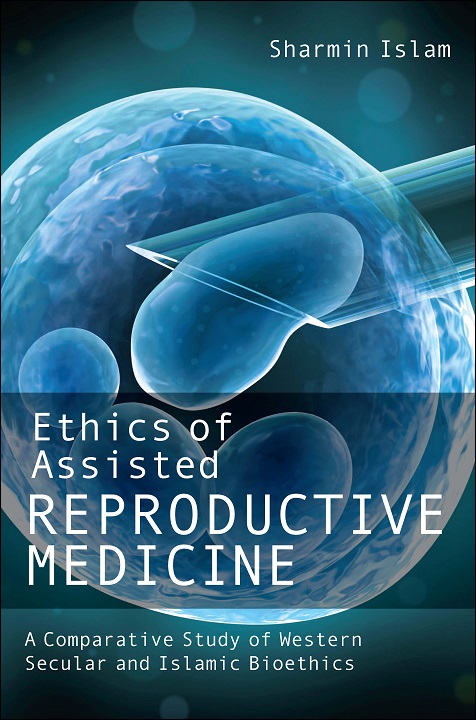
Ethics of Assisted Reproductive Medicine: A Comparative Study of Western Secular and Islamic Bioethics BIOETHICS has developed over the last few decades into a major field of inquiry. With advances in medicine progressively transforming our understanding of what constitutes life, there is need for a medical ethics to address many of the issues and challenges arising, particularly in the fields of genetics and reproduction. Of central significance are serious moral dilemmas confronting medical experts which require a theological perspective. Yet it is secular bioethics that is defining what constitutes human life and it is secular bioethics that is influencing policy on matters which concern us all and are likely to have grave societal impact. Is it right for a woman to act as surrogate for her sister? Or for a childless couple to resort to artificial insemination by donor? What does Islam have to say? Ethics of Assisted Reproductive Medicine compares and contrasts Western and Islamic models of bioethics to make the case that the Islamic perspective (taken from the Qur’an and the Sunnah) provides a viable and clear alternative that goes beyond the dominance of the secular and its various philosophical bases, to give Revelation and spiritual understanding precedence. In doing so, keeping to principles, it charts the way out of a confused circle of opinion that is making it very hard to decide “what is best.” Sharmin Islam She is an assistant professor, department of general education, northern university, Bangladesh. Note: This biography appeared in the book when published in 2014.
Paperback: 978-1-56564-561-5 / Price $14.95 eBook: 978-1-56564-535-6 / Open Access Size: 6x9 inches Pages: 234 Year of Publication: 2014
